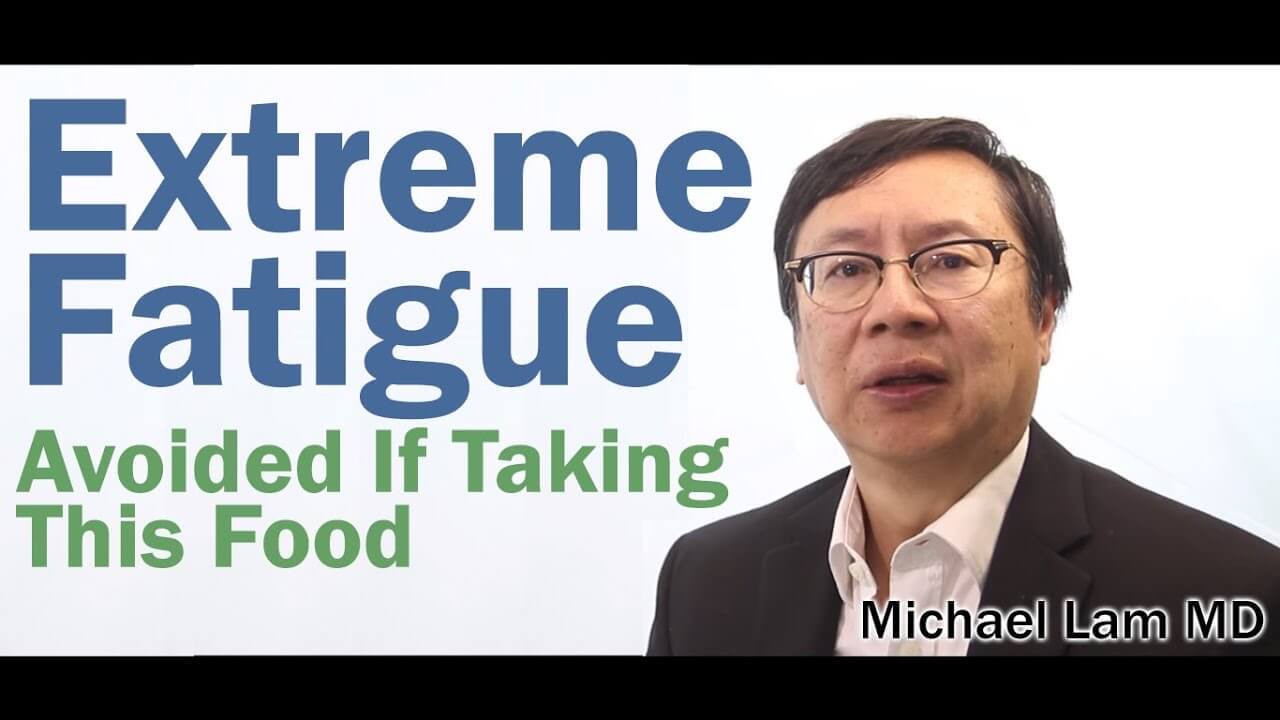
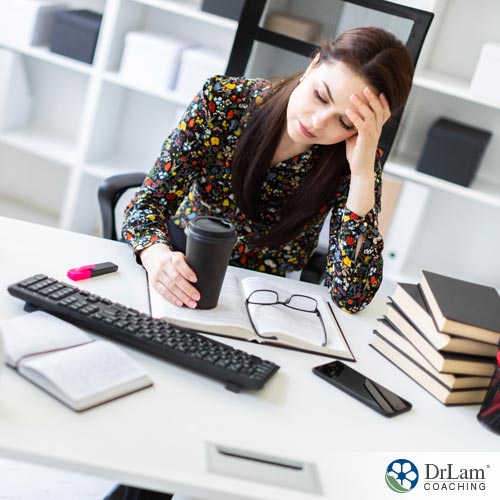 Typically, people assume they’re going to feel more energized after eating a meal. After all, food is your body’s main source of fuel. However, in some cases, you can actually end up becoming tired instead. Sometimes, you may even experience extreme fatigue after lunch.
Typically, people assume they’re going to feel more energized after eating a meal. After all, food is your body’s main source of fuel. However, in some cases, you can actually end up becoming tired instead. Sometimes, you may even experience extreme fatigue after lunch.
Many researchers believe post-meal fatigue is due to an important neurotransmitter known as serotonin. As much as 95 percent of your body’s serotonin is produced in the gastrointestinal tract, which means your digestive system can dramatically affect your emotions. At the same time, serotonin function is also influenced by the good bacteria found in your intestinal microbiome.
Serotonin plays a key role in your body’s ability to regulate sleep, mood, and appetite. At the same time, serotonin is linked to nausea. This is because if you eat something that is irritating or toxic, your gut will automatically produce serotonin to help your body expel the harmful irritant.
Moreover, your body’s serotonin levels increase after eating foods with a high carbohydrate content, such as pasta, bread, potatoes, and rice. And when serotonin levels are elevated in the body, you tend to feel tired and sleepy.
Experiencing extreme fatigue after lunch could also be explained by your body’s sleep-wake cycle. After around 10 AM, the urge to sleep increases and reaches its peak at around 2 PM, which may be why your body feels tired between the hours of 1 PM and 3 PM.
On the other hand, extreme fatigue after lunch could be a consequence of your body’s compromised stress response and adrenal fatigue.
Your body responds to stress via the NeuroEndoMetabolic (NEM) stress response system, which is comprised of six circuits: the hormonal, inflammation, neuroaffective, detoxification, metabolic, and cardionomic circuits.
Once a stressful episode has ended, all of the functions involved in the NEM stress response return to normal or baseline levels. However, chronic or continuous stress can make this difficult or in some cases, impossible.
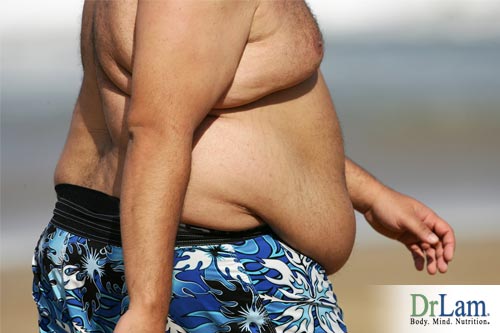 For instance, the adrenal glands in the hormonal circuit are forced to continue producing the primary stress hormone cortisol to enable your body to carry out the fight or flight response to stress. If stress persists, eventually your adrenals will be unable to meet your body’s increasing demands for cortisol. When this happens, you may experience significant hormone imbalances, which eventually trigger Adrenal Fatigue Syndrome (AFS).
For instance, the adrenal glands in the hormonal circuit are forced to continue producing the primary stress hormone cortisol to enable your body to carry out the fight or flight response to stress. If stress persists, eventually your adrenals will be unable to meet your body’s increasing demands for cortisol. When this happens, you may experience significant hormone imbalances, which eventually trigger Adrenal Fatigue Syndrome (AFS).
If you are suffering from adrenal fatigue, your NEM stress response system will already be severely compromised. In this situation, all the functions involved in this system have already been overworked and are no longer able to perform normally. As a consequence, this can directly contribute to extreme fatigue after lunch. In fact, the most common symptoms of AFS are chronic fatigue that does not improve with medication, an inability to focus or concentrate, and a dependency on coffee or other stimulants to get through the day.
If you are already suffering from adrenal fatigue, certain choices you make in your daily life can further contribute to post-meal fatigue. These include the following:
Any food you consume that demands more from your body to process will cause further stress within. For instance, overcooked meat is difficult for the body to breakdown and therefore requires more work to digest. This added stress can, in turn, overwork the NEM stress response system.
At the same time, eating foods that are processed or full of sugar can result in a sudden spike followed by a drop in your blood sugar levels. This can cause hormone imbalances that can worsen your AFS symptoms and could be another reason for post-meal fatigue, particularly after lunch.
Aside from food choices, the size of your meal can also contribute to extreme fatigue after lunch. In particular, eating a large meal can easily make you feel exhausted, especially if you’ve eaten something with a high fat content.
Immediately after eating a large quantity of food, your body is forced to work hard to break it down. The digestion process requires energy, which is why we all tend to feel quite sluggish after meals.
If you have prediabetes or type 1 or 2 diabetes, you may experience tiredness after a meal as a result of hypoglycemia (high blood sugar) or hyperglycemia (low blood sugar). Hyperglycemia occurs if you ingest foods with a high sugar content, whereas hypoglycemia occurs after consuming simple carbohydrates which are digested too quickly. This can cause your blood sugar levels to spike and crash in a relatively short period of time.
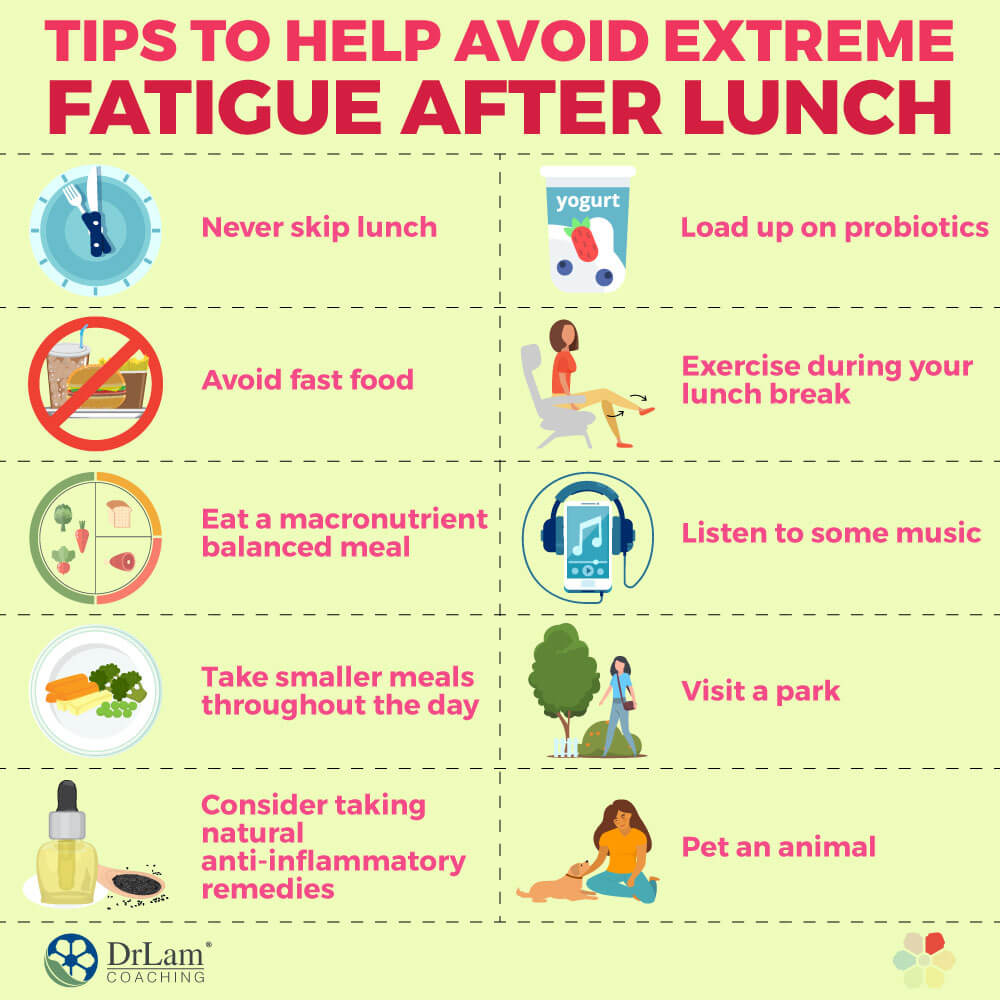
As you can see, adrenal fatigue can cause extreme fatigue after lunch. However, post-meal fatigue is more likely to occur as a result of certain factors, such as the type of food or size of the portion. Fortunately, there are ways to help you avoid experiencing fatigue after a meal.
Remember though, it’s always best to consult with your physician or a qualified healthcare professional first before trying any remedy on your own. Speaking to an expert is highly recommended if you are currently taking any medication or supplements for an existing condition or if you have any allergies to certain ingredients.
That being said, here are some easy ways to avoid experiencing extreme fatigue after lunch.
Skipping lunch is never a good idea. In fact, going for hours with nothing to eat will only make your condition worse. Hunger creates stress inside your body, so make sure you eat on time no matter how busy your day is.
Fast food is typically high in fat, sugar, and preservatives that are extremely difficult for your body to breakdown and digest. At the same time, a poor diet can affect the inflammatory, metabolic, and detoxification circuits of the NEM stress response system.
When food is hard to digest, your body also becomes unable to detoxify itself effectively. Toxins gradually accumulate and may cause inflammation. This means that by consuming unhealthy food you are only making your adrenal fatigue symptoms worse.
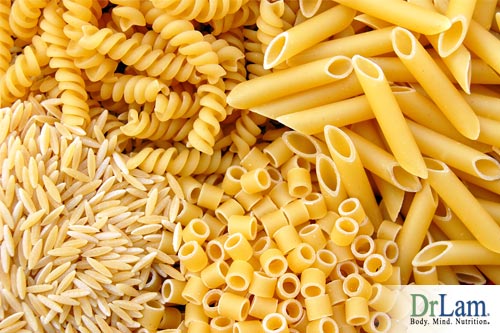 Macronutrients refer to the main nutrients that make up the foods you eat—primarily carbohydrates, protein and fat. Carbohydrates fuel the central nervous system, brain, and kidneys. Proteins are the building blocks of muscle, nails, hair, skin, and brain cells. Finally, healthy fats allow your body to absorb essential fat-soluble vitamins.
Macronutrients refer to the main nutrients that make up the foods you eat—primarily carbohydrates, protein and fat. Carbohydrates fuel the central nervous system, brain, and kidneys. Proteins are the building blocks of muscle, nails, hair, skin, and brain cells. Finally, healthy fats allow your body to absorb essential fat-soluble vitamins.
When preparing your lunch plate, half of the plate should be filled with a variety of vegetables, one quarter should be made up of lean meat, and the other quarter should consist of whole grains.
Eating large amounts of food at one time will only place more stress on your body and further disrupt your NEM stress response system. Instead, try eating smaller meals throughout the day. This can help you maintain your energy levels more effectively. At the same time, it can also prevent your body from experiencing sudden spikes and drops in blood sugar, which can worsen your adrenal fatigue.
Stress-induced inflammation affects your NEM stress response and can trigger significant fatigue after lunch. To keep this from happening, you may want to consider taking a natural anti-inflammatory.
One such remedy is black cumin seed oil. According to one study carried out in Iran, black cumin seed oil can reduce inflammation while also reducing oxidative stress. Another effective remedy to consider is curcumin. In fact, one study performed San Francisco showed that curcumin is a safe and effective anti-inflammatory.
Taking probiotics can help strengthen your microbiome and prevent toxins from disrupting the NEM stress response and worsening your adrenal fatigue. In fact, a study carried out in New York found that oral probiotic therapy can improve some of the symptoms associated with chronic fatigue.
Engaging in regular physical activity can provide your muscle tissue with oxygen and nutrients while improving blood flow. Hence, it can prevent you from becoming tired and drowsy. Consider doing a bit of exercise before eating lunch.
Listening to your favorite songs can help keep you alert and increase productivity. In fact, one study from China found that listening to relaxing music can help alleviate the mental fatigue associated with continuous performance tasks. Similarly, a study in London demonstrated that listening to music while exercising can ease fatigue
Likewise, a study carried out in Miami found that participants who did not listen to music took longer to complete tasks and work quality was poor.
 Going to a park brings you closer to nature, which can do wonders for your ability to stay engaged. In fact, a study carried out in Toronto found that going to a park improved the memory and attention span of participants. Moreover, another study published in the journal PLoS One found that park visits reduced stress.
Going to a park brings you closer to nature, which can do wonders for your ability to stay engaged. In fact, a study carried out in Toronto found that going to a park improved the memory and attention span of participants. Moreover, another study published in the journal PLoS One found that park visits reduced stress.
Being around pets can help provide relief from fatigue and therefore aid in your adrenal fatigue recovery. Furthermore, several studies have shown that having a pet can help increase oxytocin—one of the feel-good hormones produced by the hypothalamus—levels in your body. This can help reduce stress and make you feel calmer and more focused.
Another study performed in Chicago found that being exposed to animal bacteria may trigger changes in your gut bacteria. More specifically, how your body metabolizes neurotransmitters, which can influence mental functions and moods.
Try any of these tips to avoid experiencing extreme fatigue after lunch. Just remember, making healthier choices in terms of your daily meals can go a long way in preventing fatigue as well. The right foods can also help you maintain a calmer and more positive outlook, thereby preventing unnecessary stress from within. This way, your adrenal recovery process can finally begin.
© Copyright 2015-2019 Michael Lam, M.D. All Rights Reserved.
You may be experiencing significant post-meal fatigue due to an increase of serotonin in the body, which is caused by a high intake of carbohydrates. On the other hand, extreme fatigue after lunch among adrenal fatigue sufferers can be triggered by poor diet choices, which worsen inflammation.
